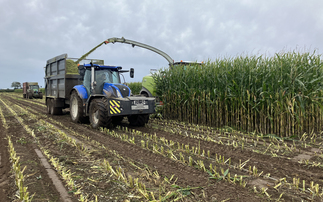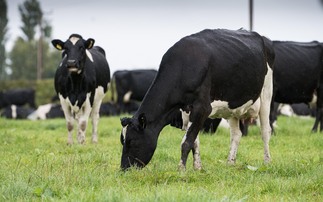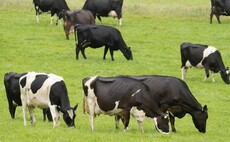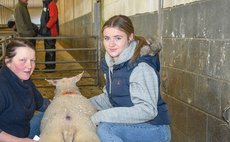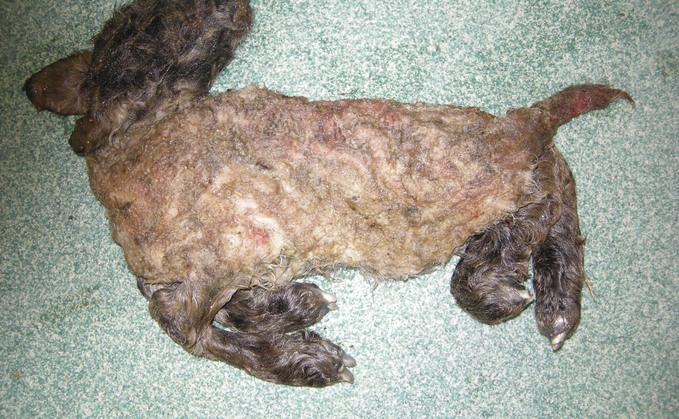
Vanessa Swinson, APHA Cattle Expert Group veterinary lead said: "There does appear to be a spike in cases of Schmallenberg, which is unexpected as it is not following its usual pattern.
"This could be due to a number of factors. National flock and herd immunity could be lower than we thought, there were more midges circulating last year and warmer weather later in the year.
Disease present in lambs
"So far so have only seen Schmallenberg in lambs because of the longer gestation period in cattle, but we are seeing evidence of it in bulk milk testing.
"It is important suspected cases of Schmallenberg are tested as there may be some similarities with other diseases, including Bluetongue, and it is important we establish what diseases are circulating.
APHA offers free Schmallenberg testing but farmers should contact their own vet in the first instance for advice on how to proceed."
For more information on Schmallenberg
Veterinary investigation officers at SRUC said they are not aware of any diagnoses or suspicions of Schmallenberg as yet, but point out that many flocks have not scanned yet. And a Scottish sheep scanner said scanning results so far have been good with very low levels of foetal reabsorption noted in comparison to scanning contacts that he has in England.
Will Allman of Belmont Vets, Hereford, said: "Suspicions started when we had reports from one of our best farms seeing non-viable foetuses, then we had various other farms come forward. We tested a number of lambs and all tests bar one came back Schmallenburg positive.
Suspicions
"The lab also reported there were signs from bulk milk tests in the Shropshire and Midlands area.
"The main signs have been deformed foetuses, abortion or a higher rate in ewes returning to the tup.
"In some of our early lambing flocks, we are seeing 30 to 50 per cent of lambs have cases of Schmallenberg.
"Not every disformed lamb is Schmallenberg and we want to encourage farmers to test any deformities so we do not miss other diseases."
Early lambing flock
A Herefordshire farmer who wished to remain anonymous said: "We have seen Schmallenberg cases from some of our early lambing flock. We were made aware of the disease prevalence by our scanner when we scanned our first bunch of ewes.
"We have seen a reduction in lambing percentage by about 15 per cent. So far, we have seen Schmallenberg signs in 40 per cent of our lambs born. Every deformed lamb has been tested and all except two have been disease positive.
Read also: Bluetongue cases reach landmark figure
"We are seeing more cases of poorly fused joints than extreme deformities which is making our lambing difficult, and unpleasant. We have also found thicker bags the lambs are born in and an unpleasant smelling liquid in some cases.
"We have seen cases of Schmallenberg before on farm, especially in 2013 and 2018, but do not recall it being on this level."
Scanning results
Richard Mills, a sheep scanner, said: "Pre-Christmas, myself and other sheep scanners saw a high rate of dead lambs and lower scanning percentages.
"When we scan, we cannot see deformities, only dead lambs. So, this is an indicator of disease presence.
"Due to being familiar with the disease from seeing it previously, we thought it was Schmallenberg, but cannot diagnose this.
Read also: Explosion of bluetongue cases expected with warmer weather
"We contacted the vets to make them aware of this for them to start carrying out tests to confirm high levels of Schmallenberg have been seen.
"I have seen a higher disease rate than in 2018, and it has been seen across all areas, as then the disease only targeted certain areas.
"It is difficult to give a disease percentage as not every dead lamb is Schmallenberg positive."








